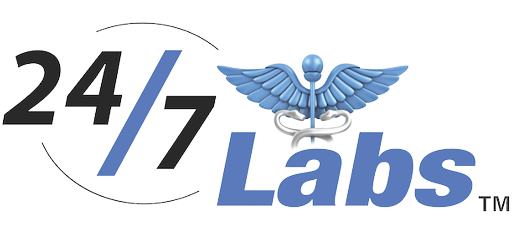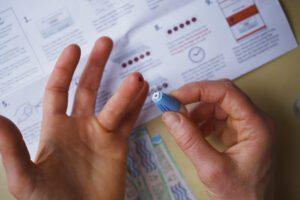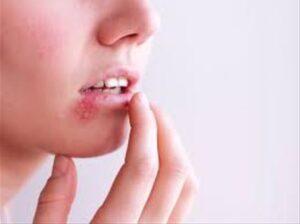Introduction
Sexual health is as important as any other health. Sexually transmitted diseases (STD) are diseases passed from one person to another through sexual activity. It can spread through vaginal, anal, and oral sex. In rare cases, STDs can spread through intimate physical contact like heavy petting. The United States has millions of new cases every year.
STDs or STIs are almost impossible to detect on your own. They can only be diagnosed with a proper test. The comprehensive sexual health panel provides detailed testing for a range of STDs.
Importance
If these diseases are not treated on time, they can lead to various severe health problems. Some of which are organ damage, cancer, blindness, etc. Unfortunately, many of the infected do not receive immediate treatment. There is a stigma around a disease that makes this issue a taboo. You should not assume that your doctor will automatically suggest you test for STDs.
Types of STDs tested in a comprehensive sexual health panel
This test panel is suitable for you if you have had intercourse or are engaged in any kind of sexual deed. Especially with a person whose medical history is unknown to you. This test diagnoses 10 types of STDs. The results are accurate and it comes as soon as one day after the exposure. Some of them even take up to three months to get an accurate diagnosis. Following are some of the STDs that comprehensive sexual health panel tests for:
- Syphilis
It is a bacterial infection usually spread by sexual contact – a sore on the genitals, mouth, or rectum. Usually, spreads from person to person via skin or mucous membrane if in contact with these sores.
- HIV type 1 and 2
Both are types of HIV, human immunodeficiency virus. Both weaken the immune system but type 2 develops more slowly and is less likely to transmit than HIV type 1.
- Herpes-type 1 and 2
HSV-1 is mainly transmitted by oral-to-oral contact to cause oral herpes, but can also cause genital herpes. HSV-2 is a sexually transmitted infection that causes genital herpes. These both are lifelong diseases.
- Gonorrhea
A sexually transmitted bacterial infection that, if untreated, may cause infertility. It usually has no symptoms.
- Chlamydia
It spreads by having unprotected vaginal, anal, or oral sex. It does not have symptoms.
- Hepatitis A, B, and C
These diseases are spread from contact with the bodily fluids of a person who has the infection. Although, Hepatitis C is spread through blood-to-blood contact.
How does it work?
A comprehensive sexual health panel is done by taking a small sample of fluid from the genitals, drawing blood and plasma, a specimen of urine from the patient. Laboratory technicians test the specimens for the infections. No fasting is required while taking a comprehensive sexual health panel sample. You must consult a doctor regarding this testing. Any doctor or nurse can provide an application for these laboratory tests. It is also important that you avoid being uncomfortable or awkward while talking about this to your health consultants.
Things your doctor should know
Your doctor must be aware of your sexual life to predict any STDs. Your doctor should be aware of the types of protection you use during oral, anal, and vaginal sex, the medicines that you are taking, and whether you or your partner have other sexual encounters.
Conclusion
Untreated sexually transmitted infections can lead to serious health problems. STDs do not always have symptoms at all or have mild symptoms sometimes. Hence, they are mostly undetectable. Therefore it is necessary to get tested if you are sexually active. Getting tested is a sign of being responsible. You should not be shy about your sexual health. No matter what your age is if you are sexually active, you should not hesitate to discuss or request a comprehensive sexual health panel from your doctor. These diseases are common and treatment is widely available.




